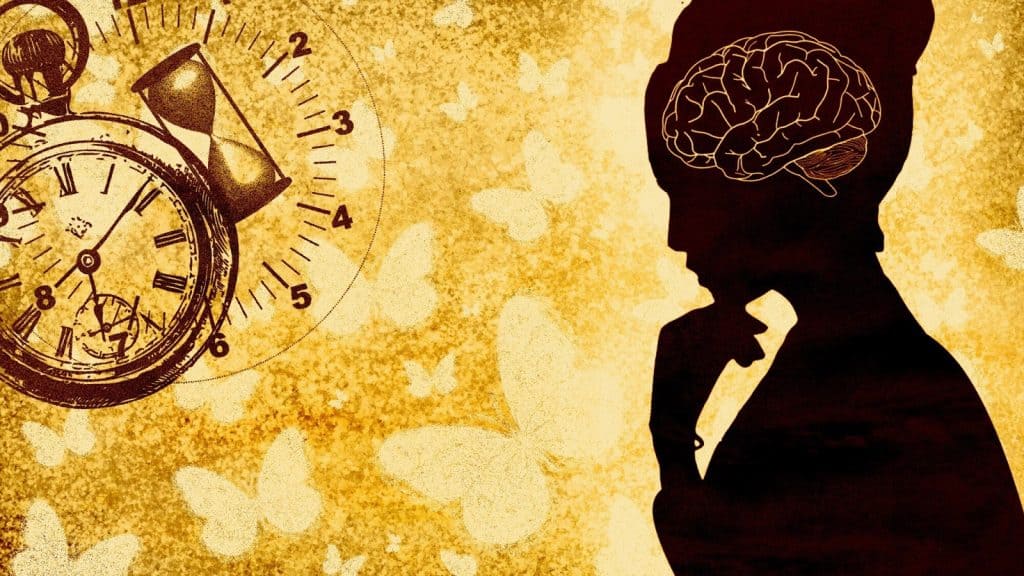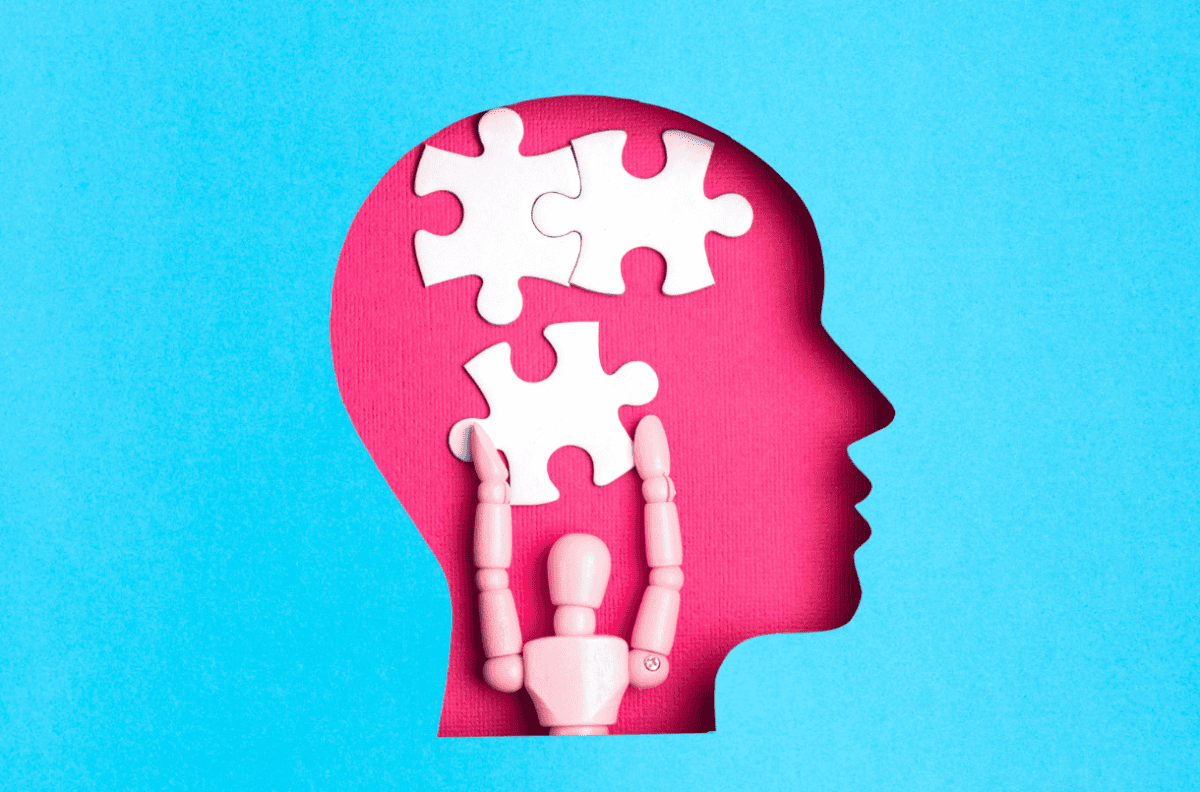Bringing kids to comic conventions can be stressful, especially if you’re unprepared. You must be courteous to fellow nerds and ensure your kids are well-behaved and supervised. However, with proper preparation and supervision, a family Comic Con adventure can make some of the most thrilling memories you’ll ever have!
Consider a Family Cosplay
Comic conventions aren’t everyday experiences. You can take costume advantage of your entire family by planning a family or group cosplay. The Avengers, The Incredibles, and the Addams Family are fun examples. You can consider it as Halloween for nerds. Kids will love dressing up, which will make for a great photo op! Ensure the costumes aren’t uncomfortable or restricting for you or your kids—it will be a long day.
Include Your Kids
If you’re bringing your kids, make sure you include them! They won’t want to follow you around with nothing to do all day. There are plenty of activities for kids, like cosplay contests and face painting. Learn what family-friendly activities and games to play, and let your kids enjoy them. Experiencing comic conventions as a kid should be fun.
Pay Attention
Comic conventions occur in colossal convention centers with thousands of people in attendance. It only takes a split second for a child to wander off, get lost, or become separated from you for any reason. Make sure you keep your eyes on your kids at all times. It’s a distracting environment, so you’ll have to take extra care that your kids are near you. Holding their hand is an excellent way to keep track of them.

Pack Snacks
Food is usually offered at comic conventions, but lines can be long, prices can be high, and kids can get hungry in the middle of a line. Pack plenty of snacks for your kids to enjoy when they’re waiting in line or relaxing. Going hungry can make little ones cranky, and it can also limit their energy. Pack their favorite snack as a parental superweapon.
Expect to Miss Things
You should expect the unexpected, even if it doesn’t play in your favor. If your child starts crying or has to go to the bathroom in the middle of a panel, don’t get angry with them—just quietly exit the room and attend to their needs. As a parent, you should be prepared to miss things, even if you really want to see them.
Get a Ride
Parking can be stressful and very limited at comic conventions. Consider getting a ride from your partner, family member, or friend instead of hauling your car and trying to find a place to park with your kids in the backseat. Parking may also be costly, increased for the event alone.
Depending on your distance to the convention center, you may even want to take a rideshare service, like Lyft or Uber. If you go the rideshare route, verify the driver’s name and license plate number before getting in a stranger’s vehicle, and never let your kids go alone.
Abductions can be common at large events like Comic Con. (If an accident occurs, rideshare laws can be complicated; consult with an Uber accident attorney after the event if you need to.)
Bring a Helper
Between cosplay, parenting, navigating crowds, and planning your day, it can be challenging to do everything yourself. You may want to reconsider if you will be the only adult with your kids during Comic Con. You’ll want more trustworthy eyes (and hands) to help supervise your kids. Bring a friend, partner, or family member to help watch your child if you want an autograph or attend an uninterrupted panel.
Know Everyone’s Limits
A comic convention is an overwhelming environment. Grown adults often reach their limit and need to take a break, so kids definitely will need to. If your kids are getting particularly stressed or cranky, pay attention. Take a break or rest. Separate from crowds if you can. You may even need to end the day earlier than you planned. Try not to be angry or frustrated with them!

Line Entertainment
Conventions usually involve much waiting in line, especially if you enjoy attending panels, getting autographs, or taking photo ops with celebrities. Waiting in line isn’t fun for anyone, but kids can grow incredibly bored. Make sure you pack some entertainment options for them, such as a tablet, phone, or handheld games for them to play. Entertained kids are the best option for parents.
Take Pictures
You never know when you’ll get the opportunity to attend a family convention again. Take pictures of everything you can, especially if your kids dress up. Convention photos make great keepsakes, and they’re usually free! Take as many photos as you can. You’ll cherish them forever.
Use This Guide to Surviving Comic-Con
Comic conventions can be a source of great fun (and stress) for parents and kids. Bringing snacks, entertainment, and comfortable attire can make the experience fun and easy. Know your kids’ limits and your own to ensure no one gets too stressed.
Prepare for the unexpected, especially when it comes to missing opportunities you were looking forward to. Keep kids supervised, especially in big crowds and when using rideshare services. Most importantly, you should have fun!































